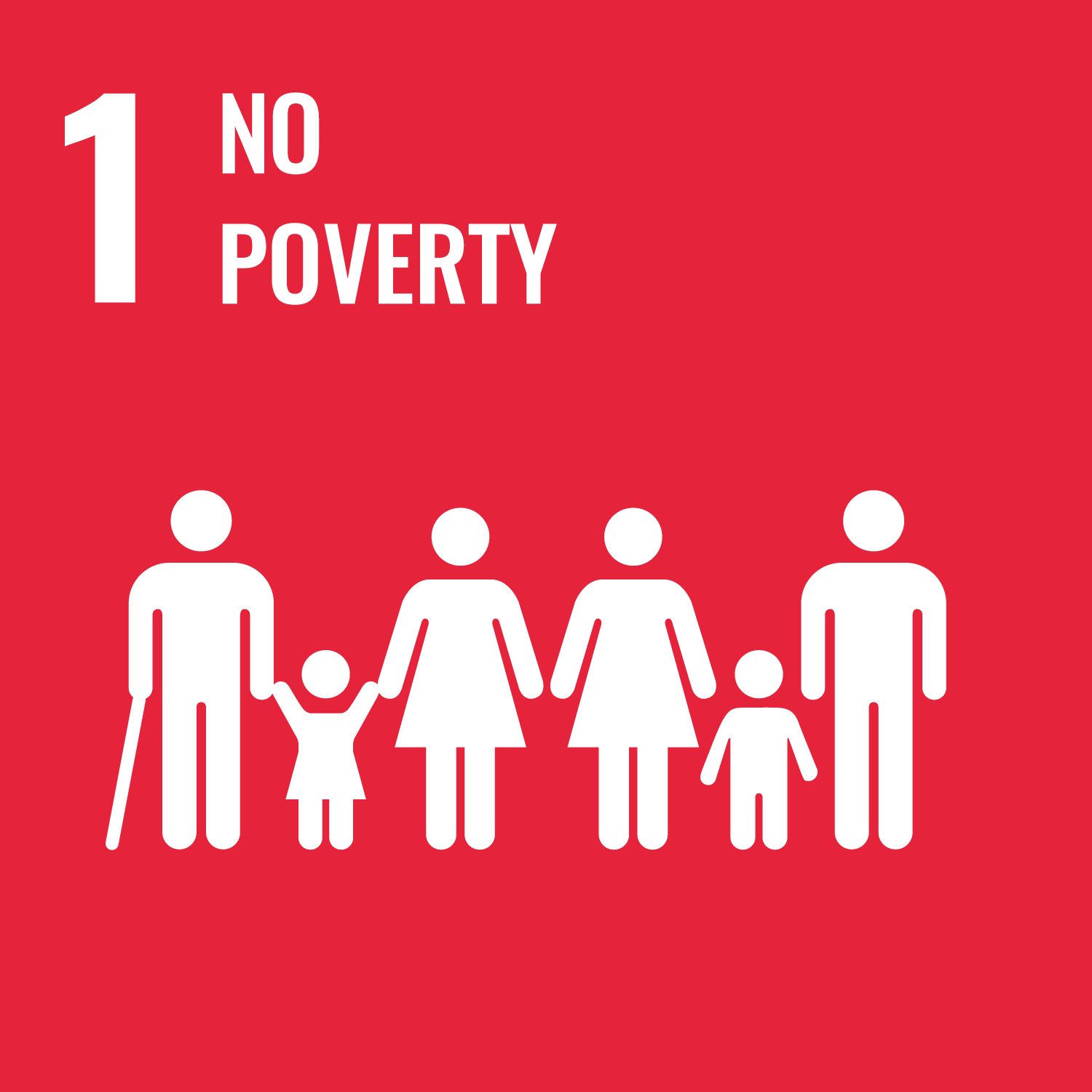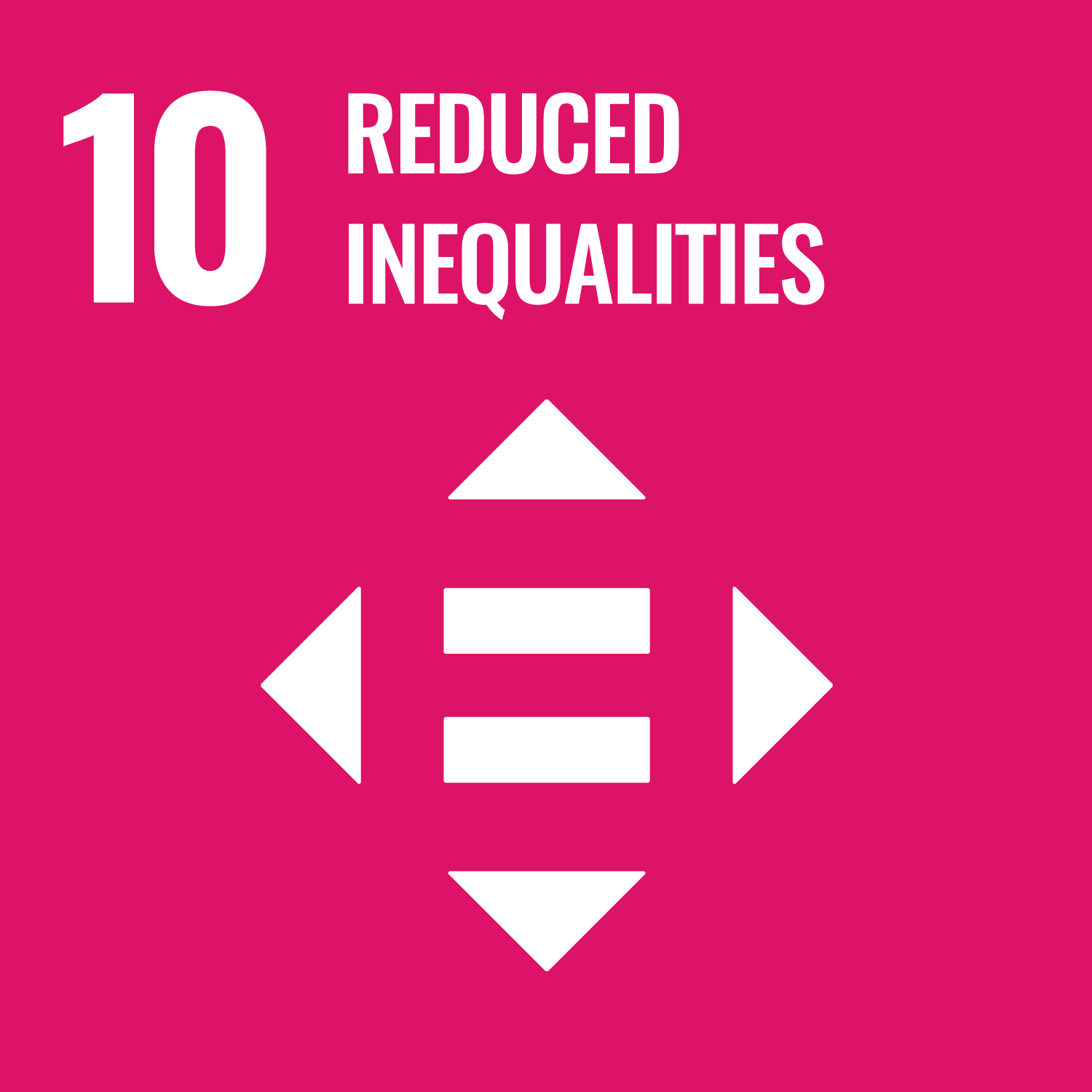A Message from ECS’s Social Work Team
Dear ECS Families,
At ECS, we strive to support the whole child. We work towards meeting this goal with an all-encompassing student services team, including our School Social Workers. We understand that a student’s experience at school is greatly influenced by their individual home and community environments and our team is uniquely trained to support you, our ECS families, to navigate between school, home, and the community.
School Social Work is a specialized area of practice within the broad field of the social work profession. School social workers are trained in mental health concerns, behavioral concerns, positive behavioral support, academic and classroom support, consultation with teachers, parents, and administrators as well as with individual and group counseling techniques. School social workers bring distinctive knowledge and skills to the school system and the student support services team.
Our team encourages open lines of communication to build relationships that meet your child’s unique needs. In partnership with your family, we work collaboratively to address any concerning or difficult experiences your child may face and develop appropriate strategies to ensure their continued academic success and emotional well-being. Together, our school social work team is dedicated to social-emotional learning (SEL) and remains rooted in the UN Sustainable Development goals to support the growth and development of the whole child.
If you have any questions, concerns, or are in need of our services, please reach out to your building’s designated school social worker or email socialwork@ecspgh.org. We are here to help and are proud to serve your family and nurture your child's well-being.
Thank you!
Vanessa Veltre
Primary School Social Worker
vanessa.veltre@ecspgh.org
Rachel Wachter ext. 9622
Intermediate School Social Worker
rachel.wachter@ecspgh.org.
Taeisha Jones ext. 9617
Middle School Social Worker
taiesha.jones@ecspgh.org
Sofia Massaro ext. 9251
High School Social Worker
sofia.massaro@ecspgh.org
Role of School Social Workers
-
Children today are increasingly faced with many social forces that can affect their role as students in a multitude of ways. The family is in a state of change and until it becomes stabilized, in whatever form, children's unmet physical and emotional needs will continue to interfere with their ability to succeed in school both academically and emotionally.
-
ECS's School Social Workers are trained mental health professionals with a Master’s degree in social work who provide services related to a person's social, emotional and life adjustment to school. School Social Workers are the link between the home, school and community in providing direct as well as indirect services to students, families, and school personnel to promote and support students' academic and social success.
-
Related Services:
Mobilizing family, school, and community resources to enable the child to learn as effectively as possible in his or her educational program.
Working with problems in a child's living situation that affect the child’s adjustment in school. (home, school, and community)
Assisting in developing positive behavioral intervention strategies.
Counseling (group, individual, and/or family)
Participating in special education assessment meetings as well as Individual Educational Planning meetings.
Services to Students:
Providing crisis intervention.
Developing intervention strategies to increase academic success.
Assisting with conflict resolution and anger management.
Helping the child develop appropriate social interaction skills.
Identifying positive decision-making skills and coping skills.
Assisting the child in understanding and accepting self and others.
Helping the student handle daily stresses and regulate emotions.
Services to Parents/Families
Meeting with the family to assess problems affecting their child's education.
Working with parents on their involvement and support for their child's educational success.
Helping families identify stressors that are interfering with their child's school success.
Assisting parents to access programs available to students with special needs.
Assisting parents in accessing and utilizing school and community resources.
Services to School Personnel:
Providing staff with essential information to better understand factors (cultural, societal, economic, familial, health, etc.) affecting a student’s performance and behavior.
Developing staff in-service training programs.
Assisting teachers with behavior management.
Providing direct support to staff.
School-Community Liaison:
Obtaining and coordinating community resources to meet students' needs.
Serving as a liaison between ECS and our school-based mental health provider, the Children's Institute.
Advocating for new and improved community/school services to meet the needs of students and families.
Community Resources
-
Simply dial 211 or go online and get connected with resources in your area! Need child care, health care, mentoring programs, help with your utilities? No matter your question, they should be able to direct your call to someone who can help!
View housing and utility support in Allegheny County here.
You can also go online to find Allegheny County Resource Guides with TONS of helpful information for you and your family.
-
For basic information on health insurance coverage in Allegheny County, visit: http://www.alleghenycounty.us/dhs/insurance.aspx
CHIP Health Insurance is Pennsylvania's program to provide health insurance to all uninsured children and teens who are not eligible for or enrolled in Medical Assistance. It’s short for the Children's Health Insurance Program, and regardless of the reasons your children might not have health insurance, CHIP may be able to assist you. Go to CHIP’s Main Website to learn more about:
Below are additional resources for parents regarding CHIP:
-
Click here to see the most up-to-date map of free food distribution sites in Allegheny County.
View information about the Greater Pittsburgh Community Food Bank.
-
Comcast is offering their home wifi for $9.95 per month + tax, through the Internet Essentials program.
Click here to check your eligibility. No credit check, no contract.
-
Visit Allegheny Links for general housing support resources.
-
Click here to access the most up-to-date information about childcare resources in Allegheny County
Visit the Early Learning Resource Center to learn about services that support high-quality child care and early learning programs
School-Based Mental Health
ECS is excited to partner with the Children’s Insitute (CI) to offer space for outpatient mental health services to occur within the school setting. This service includes traditional talk therapy and/or optional medication management and is billed through your insurance. Enrolled students meet with their CI therapist during the school day. CI accepts a wide range of insurance providers! If you are interested in connecting your child with an outpatient therapist, reach out to your school social worker for more information.
Student Assistance Program (SAP)
In Pennsylvania, every school district is required to have a plan for identifying and assisting students who experience barriers to learning. A SAP team, made up of school and agency staff, is available to help you access school and community services for your child.
The ECS SAP team will help you find services and assistance within the school, and if needed, in the community. We do not diagnose, treat, or refer your child for treatment. We will provide you with information and you make the choice(s) that best fit your needs and wishes. As the parent/guardian you are an important part of the team.
-
Do You See Your Child Showing Any of These Behaviors?
Withdrawing from family, friends, and/or activities
Changing friends
Feeling sad
Talking about suicide
Defying authority at home and/or school
Acting aggressively
Lying
Declining grades
Experimenting with alcohol or drugs Are you Concerned about Your Child’s Reaction to…?
Recent death of a loved one
Divorce/separation of parents
Family relocation
A relationship problem
Bullying
Other traumatic events
-
Anyone can refer a child to the ECS SAP team. Some students are referred by teachers or other school personnel. A friend or family member can also let the SAP team know that they are worried about someone. The child can even go directly to the SAP team to ask for help. The ECS SAP team will gather information to determine how a student is doing in their classes. However, the SAP team will not proceed unless you give your written parent/guardian permission. Once permission is received, the SAP team will work with you to develop a plan of action to help your child achieve success in school. Participation in the program is voluntary.
-
A SAP team member will contact you regarding your child’s referral to the program. Before a SAP team member talks to your child, you will be asked to sign a permission form. The SAP team will work with you and your child throughout the process. As a parent/guardian, your knowledge and thoughts about your child will be helpful in developing a plan of action. If you need more information before making a decision about SAP, please feel free to talk to a SAP team member.
-
The ECS SAP team is made up of specially trained teachers, staff, and administrators, and a SAP Liaison through Turtle Creek Valley.
If you have any questions about SAP or you feel that your child may need help, contact socialwork@ecspgh.org
-
The SAP team information is completely confidential and the team will respect you and your child's privacy at all times. If you would like more information on SAP, contact:
Jessica Segal (K–2) School Social Worker)
Andrea Szolna (Middle School Counselor; 6–8 SAP Coordinator)
Vanessa Veltre (6–8 School Social Worker)
Education for Children and Youth Experiencing Homelessness (ECYEH)
The McKinney-Vento Homeless Assistance Act was established in 1987 and amended by the Every Student Succeeds Act of 2015. The Act defines the term “homeless children and youths” as individuals who lack a fixed, regular, and adequate nighttime residence.
The federal mandate ensures that homeless children and youth have access to the same free and appropriate public education as other children. Children who are homeless may qualify for assistance with school lunch, school supplies, tutoring and transportation so that they can remain in their school of origin.
Under McKinney Vento all school districts are responsible for identifying students experiencing homelessness and connecting them with the resources needed to ensure academic success.
Who is considered homeless?—Children or youth living in a shelter, transitional housing, hotel/motel, vehicle, campground, on the street or doubled up with friends or family due to a lack of alternate resources are considered homeless. An unaccompanied homeless youth is a child or youth that is not in the care of their parent or legal guardian and meets the definition of homeless under McKinney Vento.
Where can students experiencing homelessness attend school?—The law indicates that homeless students have the right to remain in their school of origin (the school they attended at the time of the homeless episode or last school attended) through the end of the school year in which they find permanent housing, provided it is in the child/youth’s best interest. If through consultation between the school and the family and/or unaccompanied youth it is determined that remaining in the school of origin is not in the student’s best interest, then the student has the right to immediately enroll in the school that non-homeless students living in the attendance area in which the child/youth is actually living are eligible to attend, even if they do not have all of the required documentation. Additionally, unaccompanied homeless youth have the right to immediately enroll in school, even if they do not have a legal guardian present.
What supports can school districts provide to homeless students?—Homeless students are eligible for supports and services to remove barriers to educational success. This may include transportation to the school of origin, free meals, referrals to physical/mental health providers, clothing to meet school requirements, access to school supplies and resources, assistance with credit recovery, tutoring supports, expedited evaluations and assistance to participate in school activities including parent engagement opportunities, sports, club, etc.
If you believe that your child may qualify for this service, please contact district Homelessness Liaison, Vanessa Veltre, at socialwork@ecspgh.org or Children & Youth Experiencing Homelessness Regional Officer, Nicole Anderson at 412-394-5894.
-
General Guide: A General Guide to Pennsylvania’s Education for Children and Youth Experiencing Homelessness (ECYEH) Program.
What You Need to Know to Help Your Child in School: A Guide for Parents, Guardians, and Caregivers If your family is in a temporary or inadequate living situation due to a loss of housing, your child might be eligible for certain educational rights and services.
What You Need to Know to Help Your Child in School: A Guide for Parents, Guardians, and Caregivers (Spanish) If your family is in a temporary or inadequate living situation due to a loss of housing, your child might be eligible for certain educational rights and services.
-
Education for Homeless Youth: An outline of Policy regarding the McKinney-Vento Homeless Assistance Act
Homeless Poster Information for School-Age Youth. You may qualify for certain rights and protections under the federal McKinney-Vento Act.
Homeless Poster (Spanish) Information for School-Age Youth. You may qualify for certain rights and protections under the federal McKinney-Vento Act.
School Staff Guide What You Should Know About Children and Youth Experiencing Homelessness
-
Allegheny County Homeless Services: Allegheny County offers a wide array of housing options and services for people experiencing or at risk of homelessness, including: emergency shelter, permanent housing and supportive services; street outreach, engagement and case management; and prevention strategies.
Big Burgh: A quick and easy resource to finds free services that can help the homeless and those at risk of being homeless in the City of Pittsburgh. Mobile optimized!
NeedHelpPayingBills.com: Several different non-profit agencies work with the Bureau of Homeless Services to prevent and reverse homelessness in Allegheny County. They offer a number of potential solutions to tenants and anyone that is currently homeless in the county or the city of Pittsburgh.
PA 2-1-1 Southwest: Dial 2-1-1 as an easy-to-remember telephone number or search their database as a web resource. Find health and human services for everyday needs and crisis situations.
-
HUD Housing Counseling Referral Service: 1-800-569-4287 HUD sponsors approved housing counseling agencies that provide housing counseling services to citizens for free. Call 1-800-569-4287 to find a counselor that serves your neighborhood.
HUD Housing Discrimination Hotline: 1-800-669-9777 Call this helpline for information on filing a complaint about housing discrimination. HUD handles complaints in the areas of housing discrimination, bad landlords in federal housing, manufactured housing, land sales, deceptive contractors, and fraud, waste, or abuse in HUD programs.
National Domestic Violence Hotline: 1-800-799-SAFE This hotline provides crisis intervention, information about domestic violence and referrals to local service providers to victims of domestic violence and those calling on their behalf.
National Runaway Safeline: 1-800-786-2929 The National Runaway Switchboard (NRS) helpline gives help and hope to youth and their families by providing non-judgmental, confidential crisis intervention and local and national referrals 24 hours a day.
If you or a loved one are experiencing a mental health emergency, please contact re:solve crisis services (888-796-8226),
the Crisis Prevention Lifeline (1-800-273-8255) or 911 emergency services as needed.











